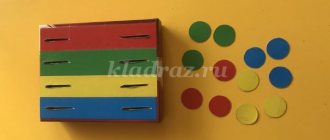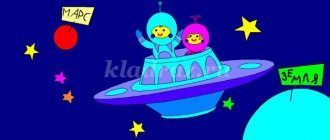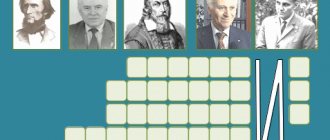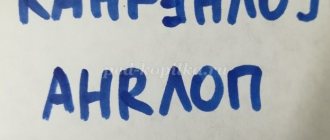Dangerous or not
To play a healthy lifestyle game, prepare pictures depicting health-hazardous and non-hazardous situations, as well as red, yellow and green signal circles. The players’ task is to determine how harmful the depicted actions are to humans and raise the corresponding label. A red circle means extreme danger, yellow means moderate, and green means no harm. For example:
- reading a book is a non-hazardous situation (green mark);
- coughing near another person – there is a risk of infection (yellow);
- jumping from a great height is a traumatic action (red).
Washing the doll
The healthy lifestyle game takes place in the form of a competition. Prepare various household items for her, including hygiene products.
The players’ task is to first choose the right items among the items that are used for hygiene procedures. Then wash the doll in the correct sequence. The winner will be the one who is the first to find all the hygiene products and wash his toy correctly.
Hygiene rules
The catalog of didactic games on healthy lifestyles must include activities that teach preschoolers the rules of hygiene.
Children choose a driver. Then they agree on who will demonstrate which hygiene procedure. The driver returns to the group. Children take turns, using only facial expressions and body movements, to demonstrate certain actions: washing, brushing teeth, combing their hair, bathing, drying with a towel, etc. And the driver must guess what hygiene procedure is being shown to him.
Grocery lotto
A didactic game on healthy lifestyle in the senior group introduces preschoolers to the beneficial substances contained in food. The lesson is held in the form of a lotto; for it, prepare 4 fields with cells: proteins, fats, carbohydrates, vitamins. Also make small food cards and larger cards.
At the first stage of the game, participants distribute cards into cells:
- vitamins – rosehip, orange, apple, carrot, strawberry, tomato, currant;
- proteins - meat, fish, eggs, cottage cheese, cheese, milk, mushrooms, nuts;
- carbohydrates – cereals, baked goods, pasta, beans;
- fats – vegetable and butter, lard, margarine, seeds.
Give the children more cards. Show the cards one by one. The child who has a similar image takes the picture and places it on the card. The winner is the one who manages to fill all his cells before the others.
You are my part
To play you need a ball. The teacher throws it in turn to each of the pupils standing in the circle, while asking the question: “I am a face, you are my part, who are you?” And the child names “eye”, “nose”, “mouth” or other part of the face. Similarly with other parts of the body:
- I am the head, you... (ears, back of the head, chin, hair);
- I am the leg, you... (finger, heel, foot, knee);
- I am the torso, you... (belly, navel, back, spine, shoulders).
Home for vitamins
In the preparatory group, it is time to introduce children to vitamins and their importance for the human body. For the game, make two groups of pictures: images of vitamin tablets and different products.
The game is a team game and consists of two stages. The task of the first team is to show pictures of vitamins, and the second team is to say in which food this useful substance is found. Then vice versa: the players of the second group show a picture of the product, and the first must remember what vitamins it contains.
Good and bad
For the game, prepare fields divided into sections. In their center are pictures with positive and negative meanings. Images should reflect different health situations.
There are 2 options for playing healthy lifestyle:
- Participants receive fields with pictures. Next they play lotto: they show good and bad situations, accompanying them with explanations.
- The game is a physical education session. When shown pictures, children perform certain physical actions: with a positive story they jump, with a negative story they squat.
Plants-healers
The game takes place in the form of lotto. For her, prepare cards depicting medicinal plants familiar to children: plantain, linden blossom, nettle, chamomile, raspberry, blueberry, cranberry and others.
Give the picture box to the children. Show the plant cards one at a time. The player who has a similar picture on the field raises his hand. He must tell for what medicinal purposes the plant is used. If the answer is correct, he receives a card. The winner is the one who fills out their field first.
When I got sick
Children in the older group should already be able to call an ambulance on their own. To play you need a toy or real non-working phone.
Before starting the lesson, explain to the children in what situations they need to call a doctor. Then tell us what information you need to say over the phone:
- first and last name;
- age;
- address;
- What's happened.
Let each student pick up the phone and try to call an ambulance.
Benefit or harm
Many educational games about health concern proper nutrition. For the “Benefit or Harm” activity, prepare cards depicting different foods and two hula hoops – red and blue.
Before starting the game, explain to the students that for health it is necessary to eat properly and consume healthy foods. Next, ask them to look at the images. Children should put cards with healthy food in the red hula hoop, and cards with unhealthy food in the blue hula hoop. It is important that preschoolers explain their decision.




